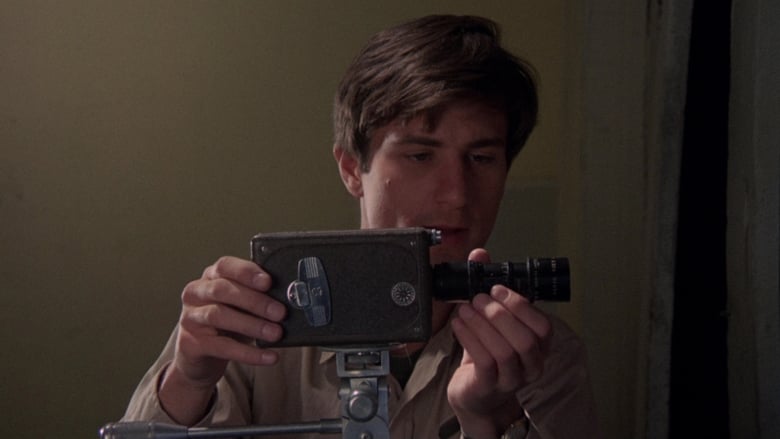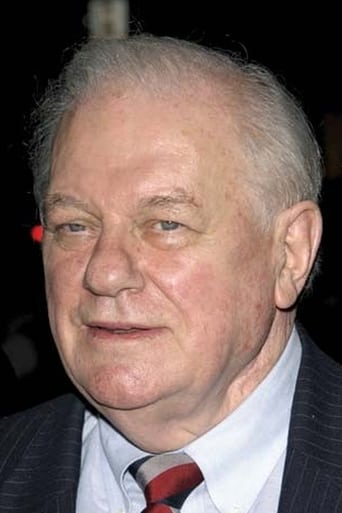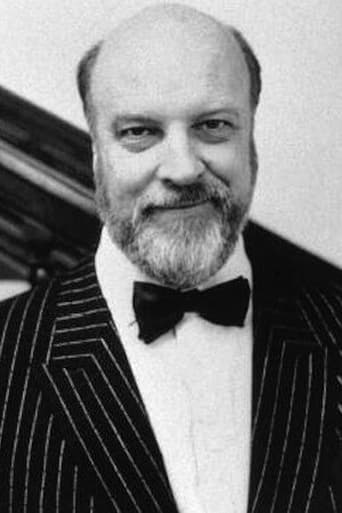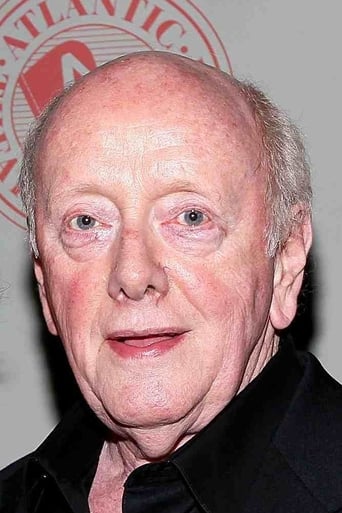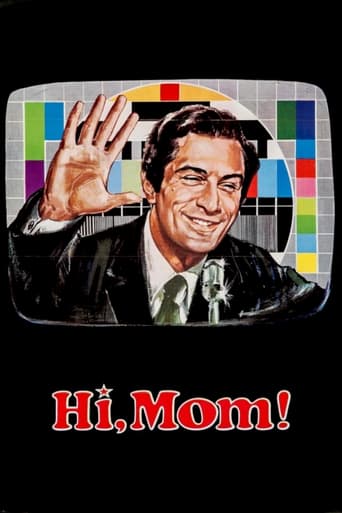
Vietnam vet Jon Rubin returns to New York and rents a rundown flat in Greenwich Village. It is in this flat that he begins to film, 'Peeping Tom' style, the people in the apartment across the street. His obsession with making films leads him to fall in with a radical 'Black Power' group, which in turn leads him to carry out a bizarre act of urban terrorism.
Similar titles
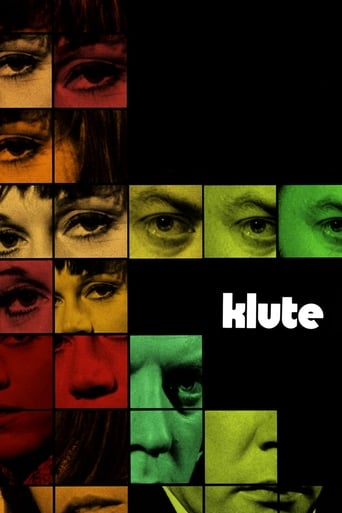
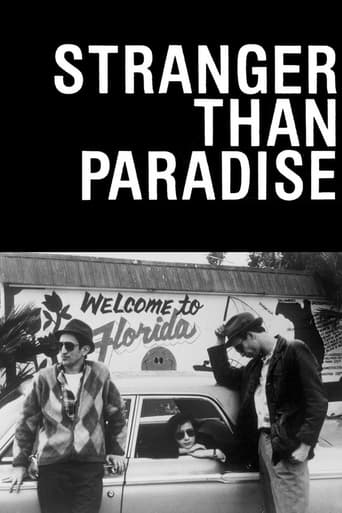
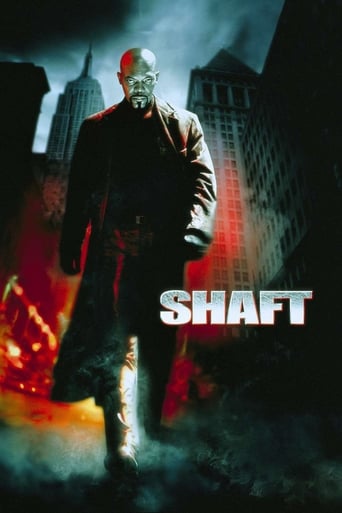

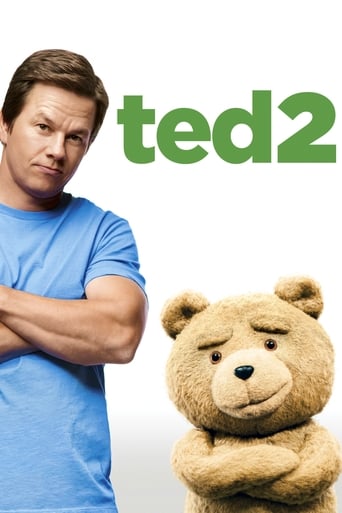


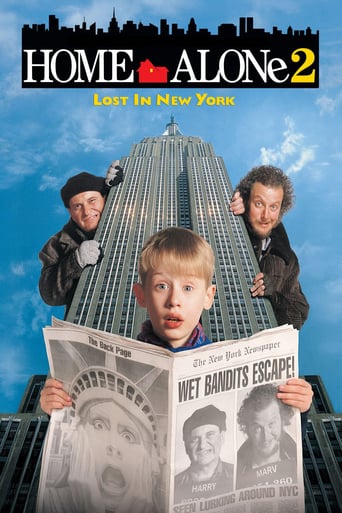
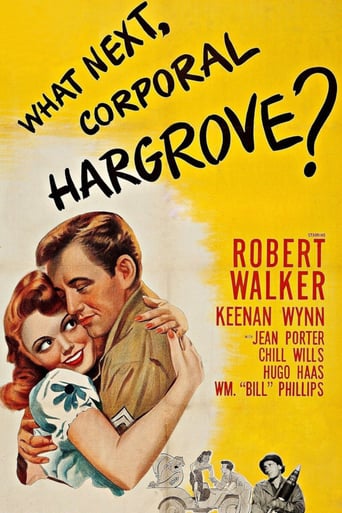
You May Also Like
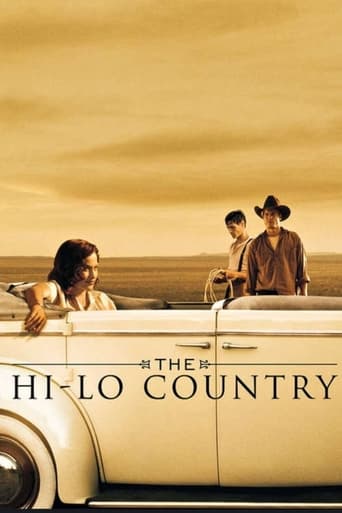
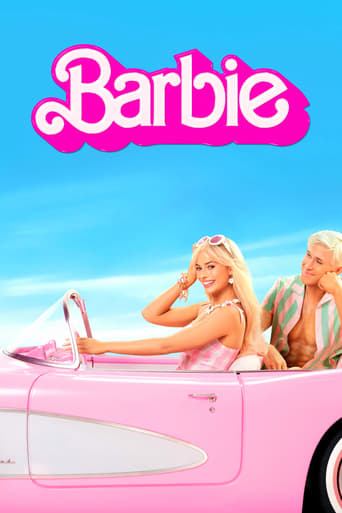
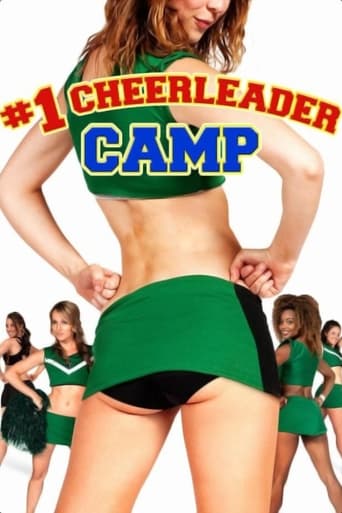
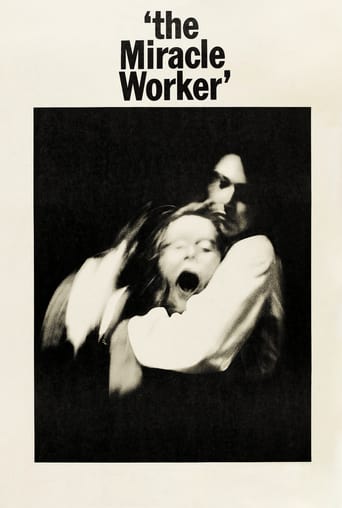
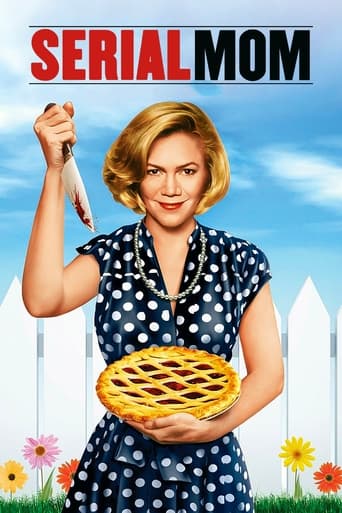
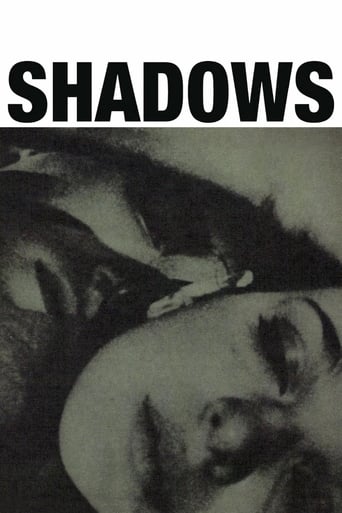
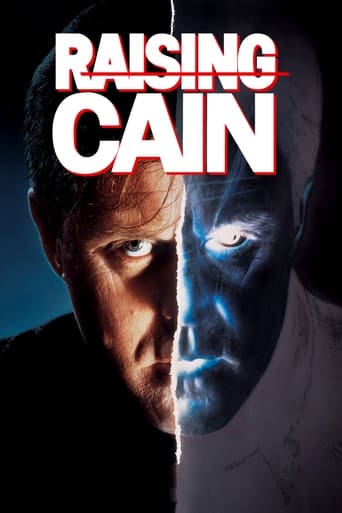
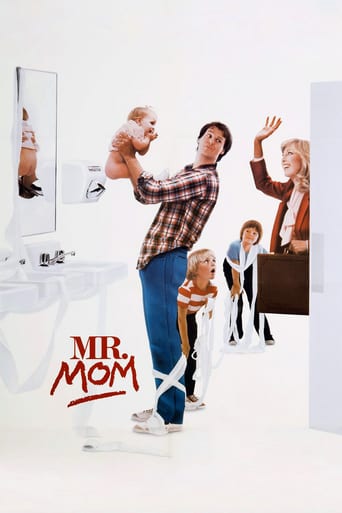

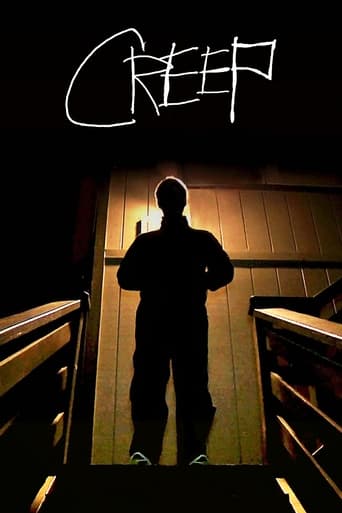
Reviews
I love this movie so much
Fantastic!
The acting is good, and the firecracker script has some excellent ideas.
This is a gorgeous movie made by a gorgeous spirit.
The second bizarre hippy satire from a young Brian DePalma (the first being Greetings), and featuring a remarkably spontaneous Robert DeNiro as a young Viet Nam vet new in the city and looking for work. The film (while noticeably dated), is practically an act of radicalism in itself as DeNiro boyishly tries to seduce his neighbors while simultaneously filming the act from his apartment to turn it into a work of explosive pornography. DePalma is clever here; he manages to transform the neighboring windows into fixed frames reminiscent of Hitchcock's Rear Window. Once a failure, DeNiro performs as a reactionary police officer in an all African American theater troupe's educational TV program, in which blacks offer liberal whites the opportunity to experience African Americanism as they beat and rape them in white-face; this sequence is particularly strange and not all together funny until DeNiro arrives as the cop. And finally, he transforms himself once again into a guerrilla revolutionary, bombing Laundromats and disguising himself as a bourgeois salesman. This final section is probably the most enjoyable and improvised, though it contains none of the creativity of the first section. The film is interesting if for nothing else, because one gets to witness DePalma and DeNiro stylistically severed from their current work. However, the film seems to try to satirize everything in our society, when in fact it comes across as though it has satirized nothing.
"To photograph people is to violate them. It turns people into objects that can be symbolically possessed. Just as the camera is a sublimation of the gun, to photograph someone is a sublimated murder— a soft murder, appropriate to a sad, frightened time." - Susan Sontag"I like stylisation. I try to get away with as much as possible until people start laughing at it." – Brian De Palma "I love De Palma. I loved Mission to Mars." – Andrew BujalskiBrian De Palma's "Hi, Mom!" stars Robert De Niro as Jon Rubin, an amateur pornographer who purchases a run down Greenwich Village apartment so that he can set up a camera and secretly film his neighbours in various acts of sex and undress, a new form of porno he calls "peep art". The film spoofs the politics of sex and free love, the efficacy of "radical art" and engages in a bizarre discourse which links the camera and phallus to voyeurism, radicalism, racism, war and television (De Palma has been obsessed with such reflexivity since "The Responsive Eye"). As the film progresses it then becomes increasingly episodic, Rubin becoming the star of one of his own films, an experimental theatre actor, a "black" militant and a lone anarchist. One of De Palma's earliest films was "Dionysus in 69", a film based on "The Bacchae", a Euripides play. That film was about a now common De Palma obsession: the hazards, anxieties and violence of the male gaze. In it, Pentheus spies on nocturnal females, an act which angers them. In retaliation they tear off the head of this voyeur. In the film Dionysius and Pentheus also share an intimate, homosexual moment, a scene which anticipates the homo-eroticism, camp qualities, gender explorations and gender constructions of De Palma's early sex thrillers. For De Palma, all gender is a performance, and white male heterosexuality must be consistently constructed in opposition to some external Other, often employing homosexuality to definite itself against. As normative heterosexual manhood is an impossible, and impossibly maintained, ideal, it has a preponderance toward dissolution and periodic, violent quests for wholeness. What "Hi, Mom!" is preoccupied with, though, is the way the whole homo-social sphere engages in voyeurism to construct masculinity, how looking and seeing and objectifying (be it of women or blacks or Vietnamese) is intimately linked with the construction of a white, male, hegemonic, ideal subject, and how this need derives from a lack which itself threatens the subject with homo-eroticism and marks it as perpetually emasculated. Like all of De Palma's films, "Hi, Mom!" is also obsessed with the untrustworthiness of the eye/retina/camera/object, and, unintentionally, the psycho-sexual anxieties which drive civilians and the State to spy, engage in surveillance and concoct conspiracies.But it's "Hi, Mom's!" "Be Black Baby" sequence that is its most successful. "Be Black Baby" intends for its white, liberal audience, to not just "intellectualize" being black, but to really "feel what it's like". After being painted black, treated as blacks and bullied by blacks in white face, a gun is then pulled on we the audience, forcing us to watch as a woman is raped. It is then that Rubin (Robert DeNiro is electric), who joined the cast after his failed "peep art" project, barges in as a cop. But rather than arrest the rapists and their accomplices, Rubin arrests the audience, treating them to a terrifying display of authoritarian bullying. The white liberals are then shown the door, and made aware that this flagrant overstepping of boundaries was the show's method of entering the black experience. The punch line, of course, is that everything shown to us in the "Be Black Baby" experience is not the real, or at least whole, black experience. The black experience is this: to be denied the power of being a voyeur, to be denied the option of looking down on others, to be forced to construct ones identity or voice in opposition to a privileged vantage point. The black experience is never on "that" side of the camera.The "Be Black Baby" audience then praises the "Living Theater of Cruelty" for its excesses. But the mechanics and power of "Be Black Baby" - forcing others to be something they're not in the most violating way possible, itself the greatest illusion, power, and responsibility of all art – then dissipates the moment the con is revealed.De Palma then hits us with an episode (the film is structured as a series of demented variety show episodes, each introduced by on screen graphics) in which Rubin hooks up with a group of militants. Inspired by "Be Black Baby's" excess, Rubin convinces various leftists to bring their message directly to the people through violence. He then convinces them to attack a white high rise apartment, but unfortunately, whilst carrying out their strategy, the group is ambushed.Rubin watches this all on television (while reading The Urban Guerilla), smashing his set to pieces when he realises that his plan has failed. To Rubin, the next logical step is anarchy. The film itself moves deliberately from voyeurism, to art, to physical violence. In the film's final sequence (a domestic spoof), Rubin lights a stick of dynamite and blows a building sky high. The punch line? Interviewed at the scene of the explosion, Rubin defends his action without giving himself away and then asks if he could say just one more thing. "Hi, Mom!" he shouts into the camera. Freeze frame. Cheesy sitcom music. End credits. The film's aesthetic is Godardian, its anarchic impulses and disdainful relationship to narrative cohesion echoing its wild, lawless on screen characters. Like early Godard, it is also indicative of a certain political impasse: the inability of art or action to provide either the truth or change. Response: a very specific, nihilistic, raging, emasculated anarchy.8/10 – De Palma's "Greetings", "Hi, Mom!", "Scarface" and "Dressed to Kill" would all receive X ratings.
An odd, cynical movie. And it puts a smile on my face.A young De Niro plays Jon Rubin, a single guy that wants to become a porn director. He's been spying on the all the neighbors in the local apartment building, and hatches a plan to make voyeur porn, filming the unwitting neighbors. Some smart dialogue and slightly corny humor develop, and a great cast makes it work wonderfully. One of the neighbors is a bearded young white fellow whose liberal politics are in overdrive. He's producing a play called "Be Black, Baby". The flyers promoting the show feature photos he's taken of white folks painted black. Seeing him pose for the camera, you can see that he is proud and excited- apparently he thinks that covering himself in black paint will immediately enable him to completely understand the plight of African Americans. And perhaps help purge whatever latent racism he has within. Nice goals, but a useless strategy. Cracks me up.Anyway, De Niro's porn career doesn't take off. He ends up trading in his camera for, embarrassingly, a television. And he ends up auditioning for Be Black Baby, playing the role of a cop. The play is a "guerrilla theatre" production, with actors interacting with audience, and designed to help races identify with one another. A bit slow at times, but it's pretty intense and realistic.The end of the play (now being shown on a television that Rubin is watching) shows the theatre troupe storming a middle class apartment complex, a flaccid attempt to spark revolution. The middle class tenants defeat the revolutionaries. Rubin can't take it, pulls out his gun, and fires at the television! His whole existence had been swallowed up by activism, and so he can't handle its failure.Flash to what is presumably several years later, and Rubin is now married with a kid on the way. His wife and he have inane conversations about his job and the color of the washing machine. His passionate idealism was fleeting, inevitably replaced by his surrender to the rat race.But then Rubin lights dynamite in his apartment complex, killing many people including his wife. People interviewed outside the wreckage aren't that disturbed, one man lamenting that his wallet was in there. And Rubin approaches the news camera because he wants to say hello to his mother.My description may make this sound like a dark movie, but (except for the play sequence) it really is a fun offbeat comedy. I even loved the music. Check it out!
I saw Hi, Mom! under the title Blue Manhattan a few years ago. I think it can be purchased on VHS under its correct title (Columbia Classics series). If you're a fan of DePalma you can't neglect this film, it goes from incredibly funny (DeNiro auditions as a cop), to pretty terrifying (the whole "Be Black Baby" sequence in the stairwell). It's an uneven, zany kind of a film but it's definitely worth seeking out for the aforementioned scenes (not to mention Gerrit Graham and Allen Garfield who are both quite good in this film). It's amazing really that much of "Hi, MOM!" and "Greetings" retains a fresh go-for-broke feel that is missing from later DePalma films--despite their larger budgets, better scripts (or not), and more polished directorial skill.
Top Streaming Movies











